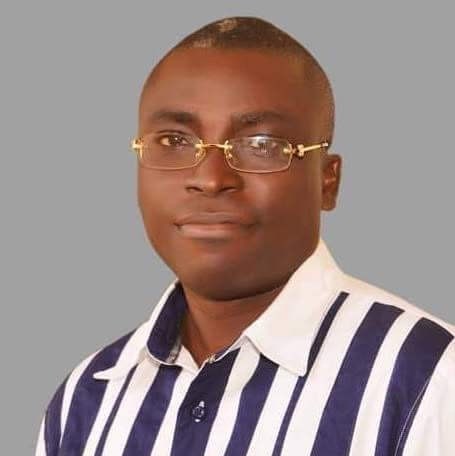What is your educational background?
I obtained a Bachelor of Agriculture (B.Agric.)(First Class Honours) degree and was the best graduating student from the Department of Agricultural Economics and Extension, University of Uyo, Nigeria in 1999. I earned a Master of Science (M.Sc) degree in Agricultural Economics from University of Ibadan, Nigeria in 2002. I also earned a Doctor of Philosophy (Ph.D) degree in Resource and Environmental Economics from Michael Okpara University of Agriculture, Umudike, Abia State, Nigeria in 2007.
What is your current occupation?
I am a Senior Lecturer in the Department of Agricultural Economics and Extension, University of Uyo, Nigeria with over 20 years teaching, research, mentoring and judging experience . My areas of research are development, resource and environmental economics with foci on poverty and efficiency issues in the contexts of production and environment. I teach agricultural, resource economics and econometrics at both undergraduate and postgraduate levels.
I have also conducted several multidisciplinary researches in both multicultural and multinational environments, which have won several awards, scholarships and grants from many international organizations. I have shared knowledge, skills and research results with other researchers and academics at conferences, workshops and symposia in several countries including Morocco, Finland, United Arab Emirates, Ghana, Belgium, Kenya, South Africa and Sweden. Furthermore, I am involved in shaping the career path and impacting positively in the lives of the next generation of STEM leaders across the globe through mentoring programs.
Finally, I am also involved in judging the next generation of scientists and future leaders in different competitions and challenges across the globe.
What or who got you into STEM?
My journey in STEM began in junior secondary school days. My “Integrated Science” teacher then, was very articulate, sound and taught science with passion. This propelled me to study science in a special school known as senior science college.
On enrollment, I joined the Junior Engineers Technicians and Scientists (JETS) club in the college. This further increased my quest to provide solutions to societal challenges.
What is the biggest challenge/barrier you have faced as an African in STEM?
As an African scientist, my biggest barrier /challenge is working in an environment with poor infrastructure. This does not only limit my ability to provide solutions to world’s problems but is a serious challenge to the next generation of future scientists.
How do you think your background/upbringing has been beneficial in your journey/career?
My background has been an encouragement to the study of science. I was privileged to be introduced to science early in life and taught by intelligent and passionate teachers. This gave me confidence and boldness to provide solutions to problems.
How do you think we can start to change the narrative surrounding African contributions
to global STEM research & careers?
African leaders should be more committed to research in their respective countries. Our leaders should give research and researchers greater attention. There should be a clear distinction between politics and science.
What advice would you like to give to young, aspiring African’s in STEM?
Young Africans aspiring to study STEM should be focused, resolute and passionate in their fields of STEM.
Do you have an project you’re working on that you would like us to highlight?
My team and I are currently working on Knowledge, Perception and Attitude of Africans towards the novel coronavirus (Covid-19)





